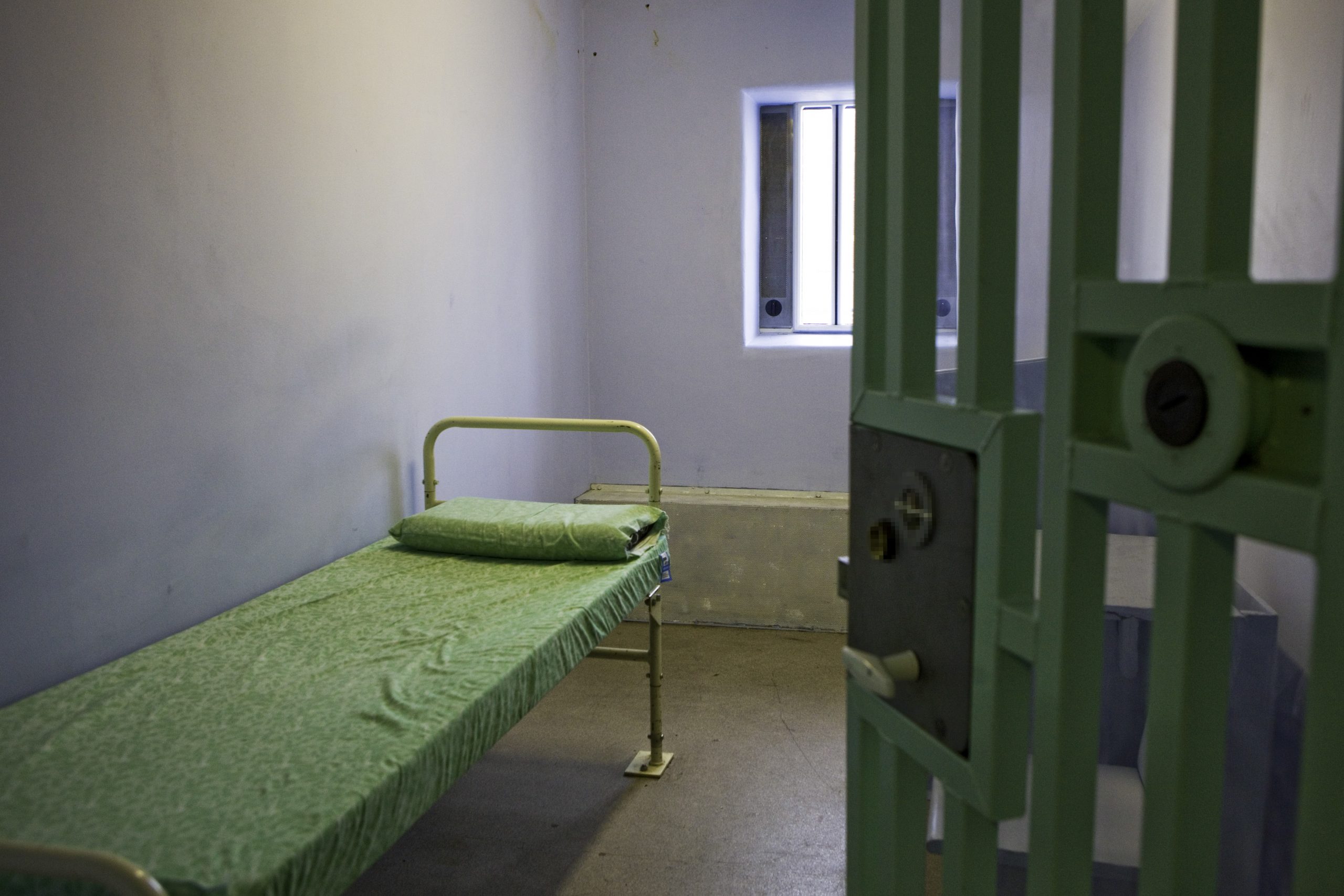Penal reform charities called on ministers for a second to move more swiftly to release prisoners to avoid ‘an intolerable human cost in terms of the lives of both staff and prisoners’.
Ministers have announced an end of custody temporary release scheme but the Howard League and the Prison Reform Trust (PRT) reckon that this is likely to lead to a reduction in prison numbers far below the figure of 4,000 eligible prisoners as reported. Officials at Public Health England and the Prison Service have estimated that 15,000 prisoners need to be released to curb the coronavirus outbreak in our jails (as reported by the Daily Mail).
The Howard League for Penal Reform and the Prison Reform Trust argue that the government’s planned response is ‘wholly inadequate’. The letter came after an appearance by Buckland before the Justice Committee earlier in the week in which it it was confirmed that only six of the 70 pregnant women considered for release from prison had actually been released.
According to Ministry of Justice, as of Tuesday, 129 prisoners had tested positive for coronavirus across 47 prisons. Some 24 prison staff, working in 13 different prisons, and five prisoner escort staff have also tested positive. At least 10 prisoners and two staff are known to have died. Three were inmates at HMP Littlehey in Cambridgeshire, with others being held at Birmingham, Manchester, Altcourse in Merseyside, Belmarsh in South East London, Whatton in Nottinghamshire and a female prisoner at Low Newton, County Durham.
‘The urgent need to reduce the crowding in prisons has been recognised but, having crossed the Rubicon, there is a real danger that timorous action and feeble delivery will seriously weaken the government’s management of coronavirus in prisons,’ said Frances Crook, Chief Executive of the Howard League for Penal Reform.
‘It turns out that the step in the right direction the Lord Chancellor took in announcing an early release scheme last Saturday is a very small step indeed,’ said Peter Dawson, Director of the Prison Reform Trust. ‘The detail we now have shows that only a fraction of the 4,000 prisoners apparently eligible are actually likely to benefit. So we repeat the call to follow the science – this is not a time to be inching towards a solution. Every day lost is more lives at risk.’
Meanwhile the Guardian reported that prisoners who either tested positive for COVID-19 or showed symptoms had been discharged and given travel warrants to use public transport to get home. These prisoners had been quarantined, some under the strategy known as ‘cohorting’, in which those displaying flu-like symptoms were quarantined with those who had tested positive for COVID-19.
They had reached the end of their sentences and therefore legally could not be held any longer, however there were no precautionary measures in place to get them home while avoiding members of the public; instead, they were instructed to use public transport to get to their homes.
It was also reported that prisoners in HMP Winchester were being kept in kept in their cells for 23 hours a day. An inmate’s partner told BBC News that she and the families of other prisoners she had spoken to were ‘terrified’. ‘[The prisoners’] key concern is that they’re on a death sentence – they know once it’s in a prison it will be rife,’ said the woman who wished to remain anonymous. ‘It will go everywhere because there is not enough room to self-isolate even though they’re sat in their cells. Officers still come and go from those cells, work parties still go in communal areas, they still have to go for their meals. They could die in there. I’m not exaggerating. They could die if they got that virus.’
The Guardian also reported that prisoners at HMP Coldingley had resorted to defecating and urinating in plastic bags (here). Some cells at the prison do not all have in-cell toilets, so an automated computer system is used to give prisoners access to sanitation. However, this system malfunctioned leaving many with no choice but to use plastic bags. An Independent Monitoring Board report from late last year stated that the inspectors were ‘appalled at the lack of in-cell sanitation’ because some were forced to dispose of human waste by throwing it out of their cell windows.
Both the Prisoners Education Trust and National Prison Radio have expanded their activity timetables in order to ensure continued access to arts and culture support for prisoners, as reported by Inside Time (here).







